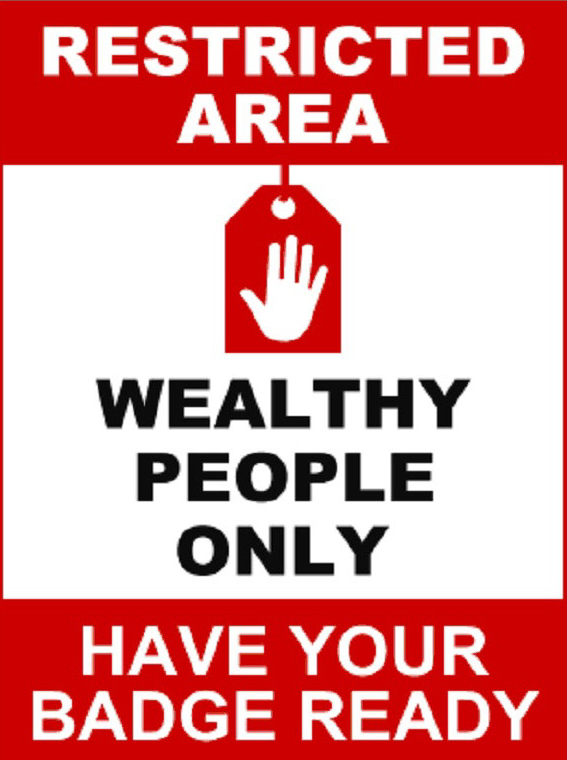by Carol Denney
[dropcap]R[/dropcap]eporters routinely call Berkeley the “home of the free speech movement,” or “the birthplace of the free speech movement,” forgetting that it was Berkeley’s 1964 repression of free speech that engendered the backlash creating the free speech movement in the first place.
Those who love this mythology rarely test the parameters of free speech in Berkeley, where on a recent Sunday (on August 19), I was threatened with arrest for putting up a poster in Constitution Square. The Free Speech Movement didn’t secure free speech for the world; it just underscored the problem.
The largest, most powerful business lobby in town, the Downtown Berkeley Association, currently taxes downtown businesses to fund its own website, utilizes city services to put up its own banners, and hires a crew of lime-green-costumed people to tear down your fliers and posters within seconds.
Their speech and communications about matters of public interest are respected, even funded. But yours? Yours are considered graffiti.
Berkeley residents similarly embrace the myth that Berkeley is generous to poor and homeless people, so generous, in fact, that it has done more than its “fair share.” with the alleged result that this has begun to “attract” poor people from other areas.
Cracking down on people who might sit down in commercial areas is “the next logical step,” according to Mayor Tom Bates and a majority of the City Council.
Generous? Berkeley has systematically replaced single room occupancy (SRO) housing with condominiums, high-end penthouses, and housing unaffordable to people with the most pressing housing needs. This is a simple recipe for homelessness and hardship.
Berkeley’s unwillingness to address the obvious necessity of low-income housing is reflected in the fact that anyone lucky enough to have a full-time, minimum-wage job will fall about $500 short of being able to pay the average monthly rent on an apartment, and that’s without any money left over for food or shoes.
Berkeley has no public campground. Berkeley has no day shelter, so that unwanted people the moneyed interests decide shouldn’t be able to enjoy the sights and the public commons downtown have nowhere but the residential areas to go, and you can imagine how welcome they are there.
Berkeley has the same approximately 240 shelter beds it had 20 years ago, when then-Mayor Loni Hancock sent trash compactors to People’s Park to destroy the belongings of people for whom the park was the only refuge, preferring instead to pave the way for volleyball.
Berkeley is a college town which once was served by the Berkeley Inn, 77 units of affordable housing that people could rely on to have no first-month-last-month-plus-deposit commitment.
The deliberate arson which destroyed that building also ensured that at least 77 people would find it hard to find a low-cost roof for a short stay. And if we don’t hang onto our institutional memory of that SRO building’s importance to the housing stock, it runs the risk of being replaced with high-end housing.
Berkeley wants young people here — as long as they’re lucky enough to afford an increasingly unaffordable education, as long as they’re lucky enough to find increasingly unavailable jobs, and as long as they don’t hit hard times.
Berkeley isn’t generous toward the poor. Systematically destroying low-income housing stock and creating inventive ways to target the poor is mean-spirited, not generous.
